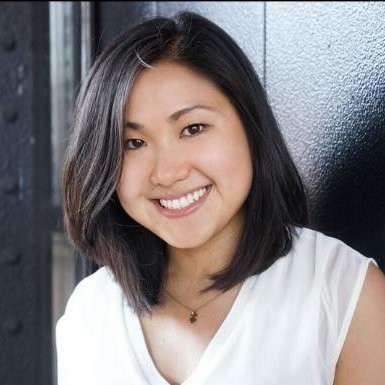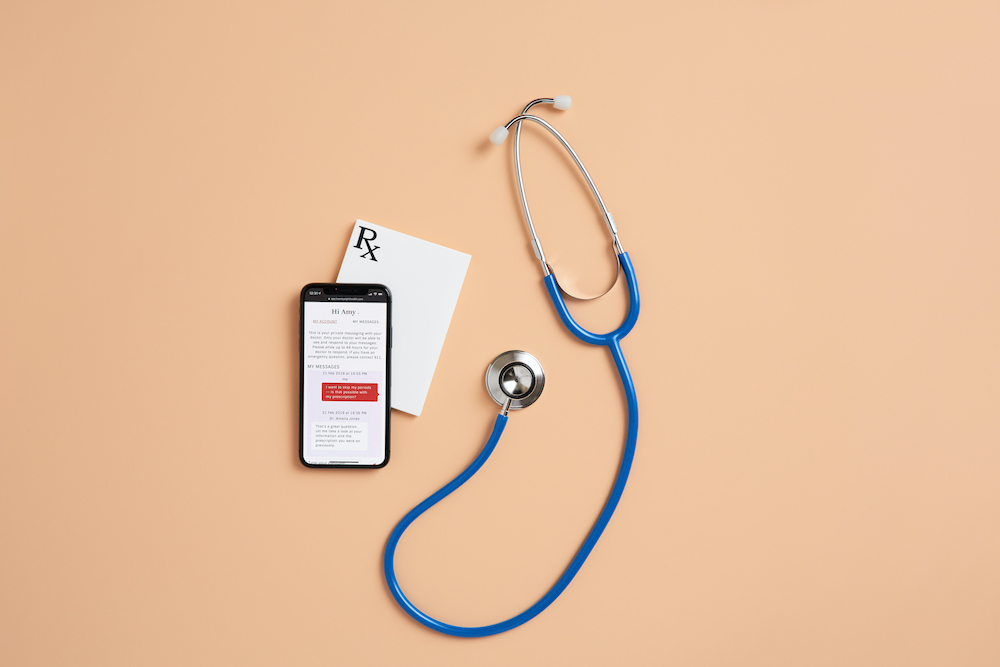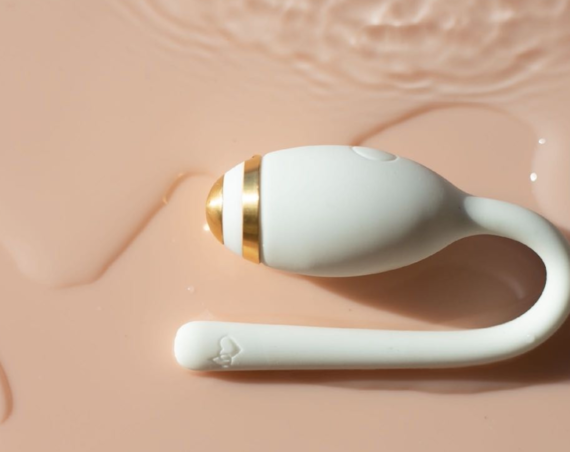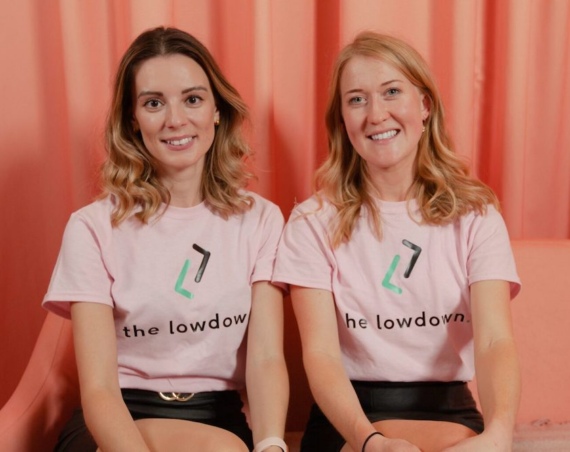In our “Starter Story” series we invite femtech founders to share their stories of how it all began. How did they come up with the idea? Where did they meet their cofounders and what was the hardest part of going from 0 to 1?
In today’s Starter Story we get to share Twentyeight Health’s founding story as told by co-founder Amy Fan. Twentyeight Health‘s mission is to empower individuals with trusted information, affordable access and convenience for their reproductive and sexual health.

When did the idea for your startup first come up?
I grew up in Vancouver, Canada with a vastly different healthcare system. As the GM of a NYC-based DTC skincare & makeup startup, I was living in the US for the first time. I experienced first hand how difficult it is to navigate insurance, spending many hours to find an OBGYN who is in-network and would actually accept a new patient. I was already in a fortunate position to have employer-sponsored insurance with good coverage, and I imagined it was all the more difficult for individuals who were under- or uninsured. I thought to myself, “there must be a better way to do this”. I wanted to bring the human-centric approach from beauty to healthcare, reimagining patient experiences to be simple, dignified, and approachable.
How did you meet your co-founder?
I left my role at the skincare & makeup startup to pursue an MBA and a Master in Public Health at UC Berkeley to better understand the US healthcare system and explore healthtech innovations. During that time, I met my cofounder, Bruno Van Tuykom, whose experience at the Gates Foundation led him to similar passions for increasing healthcare access. We wanted to leverage technology to address the largest gap in healthcare – access for underserved communities.
When and how did you take the decision to take the plunge and turn your idea into a business?
I was in a lucky position that made it easy to dive into entrepreneurship. While at UC Berkeley, I was in an ecosystem that fostered innovation and had a wealth of experts & resources – including professors with decades of experience in healthcare access – to tap into. Additionally, I had a cofounder who was dedicated full time, providing the drive and the accountability to build Twentyeight from an idea into a viable business.

What were the biggest challenges for you personally and your company going from 0 to 1?
For me personally, the biggest challenge was creating personal boundaries to balance the urge to push as hard as possible. I had experienced burnout at the previous startup I led, and I wanted to find a pace that balanced rapid growth for Twentyeight with a sustainable mental and physical lifestyle. I started with small tactics like turning off my email notifications on weekends and doing 10 minutes of yoga a day.
From a company perspective, the most critical part was getting the first hire right. Instead of rushing to recruit, Bruno and I spent many hours discussing and distilling Twentyeight’s organizational values. We knew the first hire would lay the foundation for our culture, and in addition to the right skill sets, we needed someone with the same approach to work—to put people first, to do what’s right (and not what’s easy), and to have a beginner’s mindset (a.k.a. be open to learning always).
Do you have any advice for others, who are just getting started?
Prior to entering the startup world, I heard many tales of sleepless nights at the office or weekend sprints to prepare for launches that some founders wore as a badge of honor. Having been a management consultant, I had no qualms about long hours. I was ready and eager to put 110% towards building something meaningful.
However, what people did not warn me about was the mental weight founders carry. One of the exciting things about being a part of an early stage startup is that you can directly see the impact of your work. On the flip side, this means that if you do not get it done, there is no one to cover for you.
While it is not easy, I’d encourage founders to prioritize their mental health. Finding a calm headspace is different for everyone, and taking the time to figure out what balance means for yourself— especially early on—will help you be in this for the long haul!



